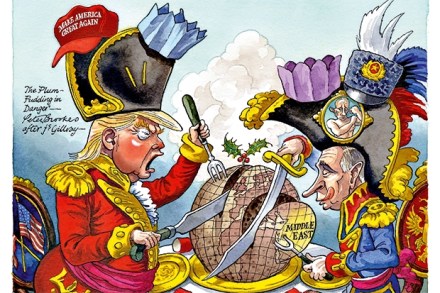Jeremy Corbyn faces protest over Russia during human rights speech
Oh dear. Today Jeremy Corbyn tried to move the conversation from Labour’s bad polling to human rights, with a speech to mark International Human Rights Day. However, while Corbyn wished to speak about championing women’s rights across the world, Peter Tatchell and anti-war campaigners had other ideas. As the Labour leader spoke at Methodist Central Hall, Tatchell interrupted to accuse of Corbyn of not doing enough to condemn the actions of Russia in Syria: Jeremy Corbyn's speech had been disrupted by protests led by Peter Tatchell https://t.co/98nguJsSmY — Sky News (@SkyNews) December 10, 2016 ‘What is happening in Aleppo is a modern-day Guernica. We haven’t heard the leader of the Labour party speak out enough




















